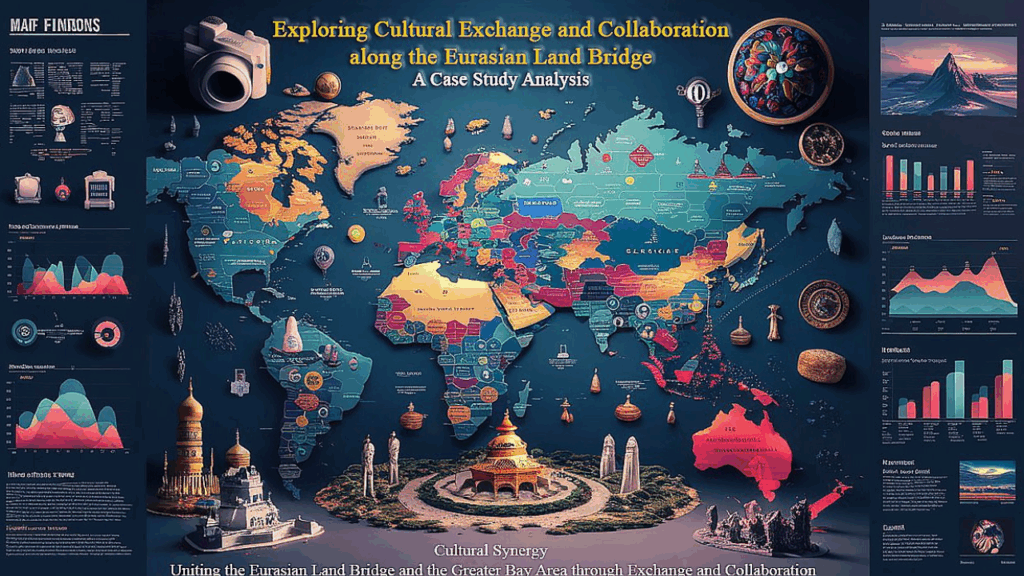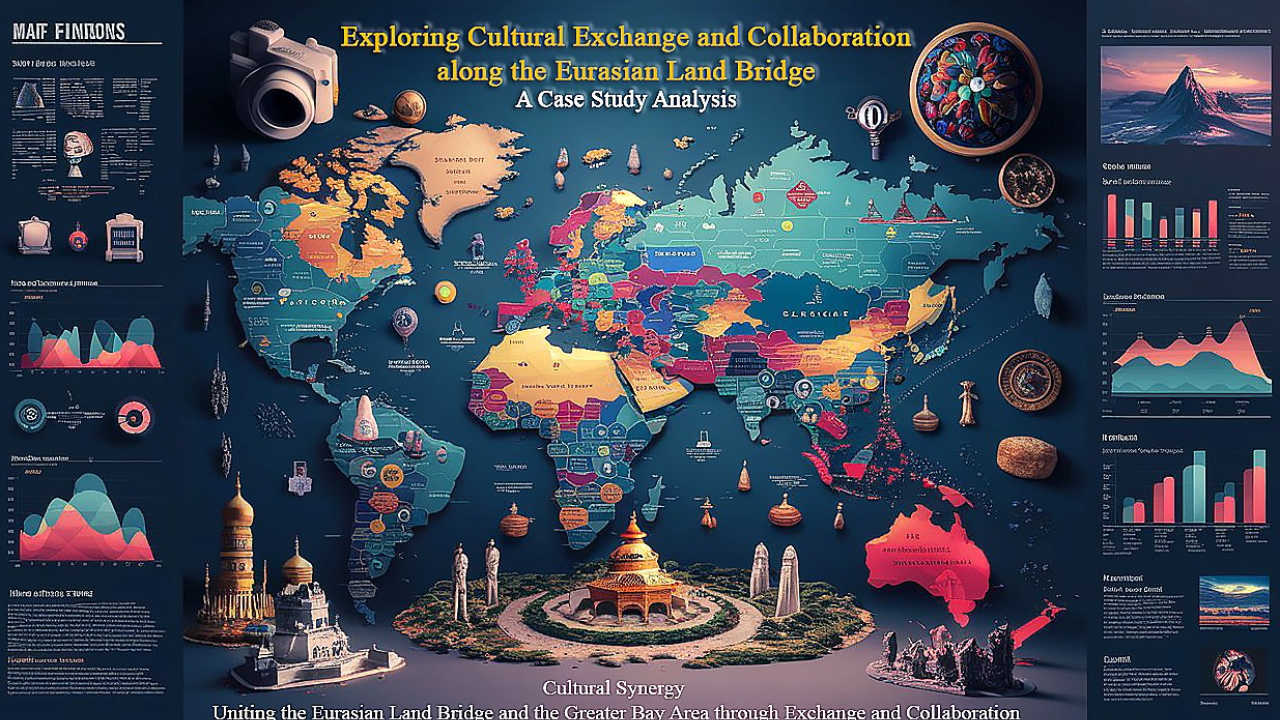
Travel has always been more than just visiting new destinations—it is about connecting with people, sharing stories, and exchanging cultures. One of the most valuable aspects of travel is the cultural exchange that takes place between locals and travelers. This exchange fosters mutual understanding, breaks down stereotypes, and creates meaningful connections that last long after the trip ends.
In today’s interconnected world, cultural exchange has become a vital part of sustainable and responsible tourism. From food and music to traditions and daily customs, every interaction between visitors and hosts carries the potential to enrich both sides.
Why Cultural Exchange Matters
Cultural exchange is more than observing traditions—it is about active participation. It allows travelers to immerse themselves in authentic experiences while enabling locals to share and preserve their heritage. This exchange not only broadens perspectives but also helps to strengthen communities by building bridges of empathy and cooperation.
Benefits of Cultural Exchange for Travelers
- Deeper Understanding of Local Life
Travelers gain firsthand knowledge of customs, values, and traditions that cannot be learned from books or online guides. - Authentic Experiences
Instead of only visiting tourist attractions, travelers experience daily life—such as cooking with a local family or joining a community festival. - Personal Growth
Exposure to new perspectives enhances open-mindedness, tolerance, and adaptability. - Memorable Connections
Friendships formed through cultural exchange often outlast the trip, creating global networks of personal bonds.
Benefits of Cultural Exchange for Locals
- Economic Opportunities
Sharing local crafts, guiding tours, or hosting travelers provides income while promoting cultural pride. - Cultural Preservation
Teaching traditions such as dance, storytelling, or cuisine helps communities pass them on to younger generations. - Global Awareness
Interaction with visitors broadens locals’ perspectives on global issues, fostering mutual respect. - Community Empowerment
Locals gain confidence in their heritage as travelers show interest and appreciation.
Challenges of Cultural Exchange
While cultural exchange is largely positive, it comes with challenges that must be addressed:
- Cultural Misunderstandings: Differences in customs or communication styles can sometimes cause unintentional offense.
- Over-commercialization: Turning cultural practices into tourist shows may dilute authenticity.
- Language Barriers: Miscommunication may hinder deeper connections.
- Unequal Power Dynamics: Travelers may dominate the narrative, overshadowing authentic local voices.
By practicing respect, openness, and mindfulness, these challenges can be minimized.
Examples of Cultural Exchange Experiences
- Homestays with Local Families – Travelers live within a household, experiencing daily routines and traditions.
- Community Workshops – Learning local crafts, cooking, or music directly from artisans.
- Festivals and Celebrations – Participating in local holidays and cultural events.
- Volunteering Programs – Travelers contribute skills while learning about the community’s way of life.
Comparison Table: Benefits for Locals and Travelers
| Aspect | Benefits for Travelers | Benefits for Locals |
|---|---|---|
| Knowledge Sharing | Learn about traditions and customs | Gain global perspectives |
| Economic Opportunities | Affordable authentic experiences | Income from hosting, guiding, crafts |
| Social Connections | Build lifelong friendships | Form global networks |
| Cultural Preservation | Access authentic traditions | Strengthen heritage pride |
| Personal Development | Growth in empathy and adaptability | Confidence through cultural exchange |
Tips for Meaningful Cultural Exchange
- Learn Basic Phrases: Even small efforts in the local language build respect and trust.
- Respect Local Customs: Understand and honor traditions, dress codes, and etiquette.
- Support Local Businesses: Choose homestays, local guides, and community-based experiences.
- Be Open-Minded: Accept differences without judgment.
- Share Your Culture Too: Exchange is two-sided—locals are often curious about travelers’ backgrounds.
Overview Table
| Category | Impact on Travelers | Impact on Locals |
|---|---|---|
| Education & Learning | Expands worldview | Introduces global knowledge |
| Social Connection | Builds friendships | Strengthens community ties |
| Economic Development | Affordable immersion | Supports local livelihoods |
| Cultural Preservation | Access to traditions | Safeguards heritage |
| Mutual Respect | Encourages tolerance | Promotes pride in identity |
| Sustainable Tourism | Enhances authentic experiences | Ensures cultural continuity |
Conclusion
Cultural exchange is at the heart of meaningful travel. It transforms journeys into opportunities for growth, understanding, and human connection. For travelers, it provides a deeper, more authentic experience of a destination. For locals, it validates and sustains traditions while opening doors to new opportunities.
When both sides engage with respect and curiosity, cultural exchange becomes a powerful force for unity in a diverse world. It shows us that while languages, customs, and lifestyles may differ, the desire for connection and understanding is universal.
FAQs
Q1: How can travelers engage in cultural exchange responsibly?
By respecting traditions, supporting local businesses, and approaching experiences with humility and openness.
Q2: Why is cultural exchange important in travel?
It enriches both locals and travelers, fostering understanding, preserving heritage, and building global connections.
Q3: Can cultural exchange happen without language fluency?
Yes, through gestures, shared activities, and openness, meaningful exchange can occur beyond language barriers.

